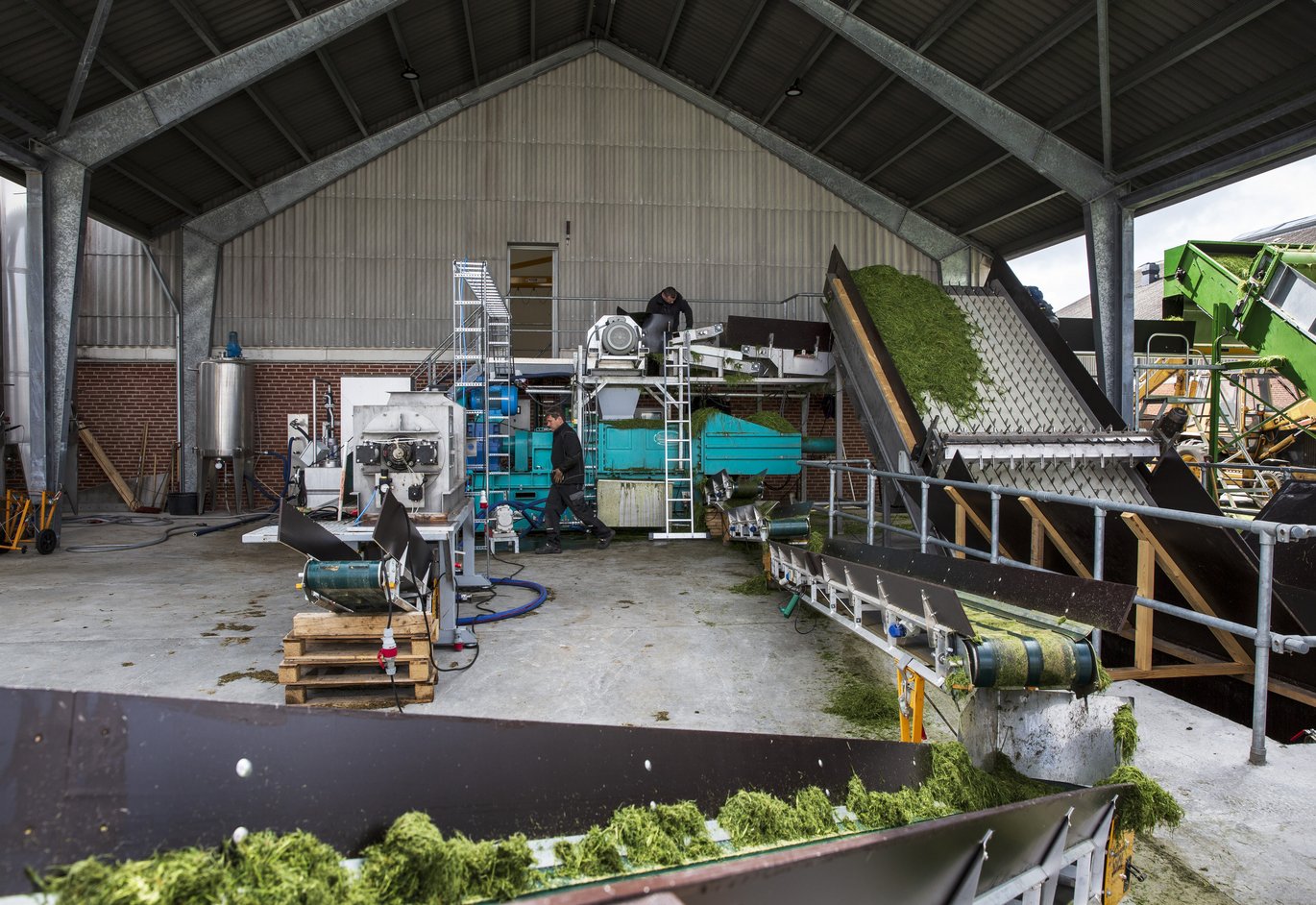Seminar in Brussels on green biorefining which supports the common agricultural policy
Biorefining of grass and clover grass allows for sustainable production of plant protein and bio-based products that support the objectives of European agricultural policy. A European Parliament seminar in Brussels focuses on the possibilities.

As part of the Green Deal for Europe, new, innovative solutions are called for to meet our great challenges. Our use of fossil fuels and fossil-based products, which pose a serious threat to the climate is one challenge. The comprehensive European import of unsustainable soy protein with major environmental and climatic consequences on vulnerable areas of the world is another one.
The European agriculture sector is under a dual pressure for fulfilling environmental demands and maintaining an efficient production, which can meet future demands for genuinely sustainable food supply. On this backdrop, and in full alignment with the Green Deal, this seminar will point to win-win solutions within the bioeconomy for solving these grand challenges.
In addition, the EU, like the rest of the world, faces gigantic climate challenges, including demands to reduce the use of fossil fuels and products. Another major problem is the extensive European import of soy protein, which has major environmental and climatic consequences in South America, among others.
All in all, the challenges call for new and innovative solutions - one of the solutions may lie in the extraction of protein from green crops.
Growing perennial, green crops such as grass and clover grass can have major positive effects on both the environment and the climate. The perennial grass crops contain large amounts of protein and can give a higher yield than annual crops.
Research has shown that it is technically possible to extract protein from grass crops in a quality that allows it to replace soy protein. In other words, it is possible to take into account the environment, the climate and agricultural production at the same time.
Several Danish and European companies are now translating the research results into practical production. In doing so, they contribute to the fulfilment of the common agricultural policy and to solving our major challenges.
European seminar
A seminar, organized by Aarhus University Centre for Circular Bioeconomy (CBIO), will focus on the possibilities for new, local biorefineries to contribute to the self-supply of plant protein and new bio-based products in the EU while supporting the EU policy on environment and climate.
The seminar is scheduled to take place in the European Parliament building in Brussels on 17 November 2020.
The event will in either case be the first of a series of events. As a direct follow-up to this event, we plan to organise an online expert seminar on 26 November on the technical, agronomic and environmental aspects of green biorefinery.
Read more about the seminars and the registration possibilities
